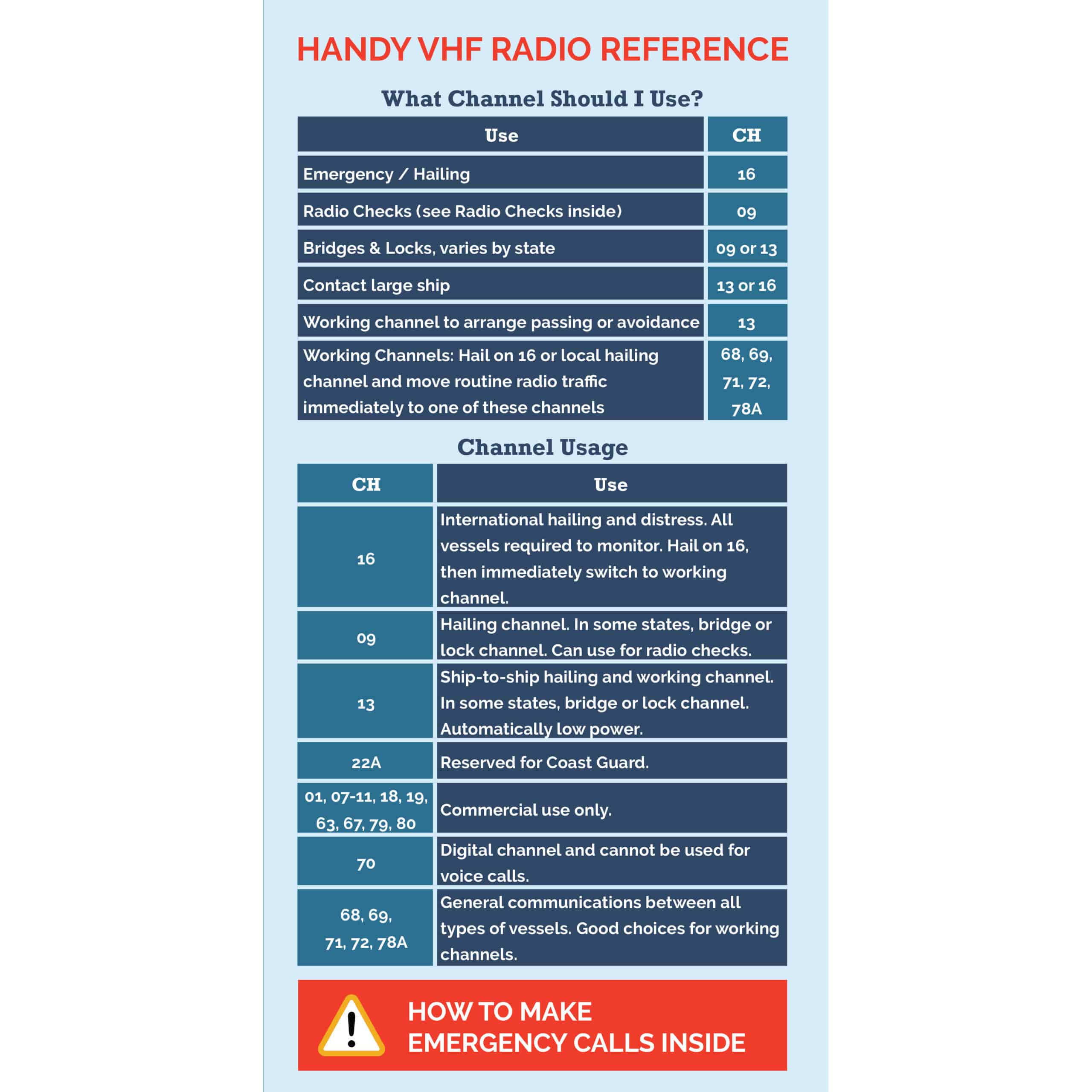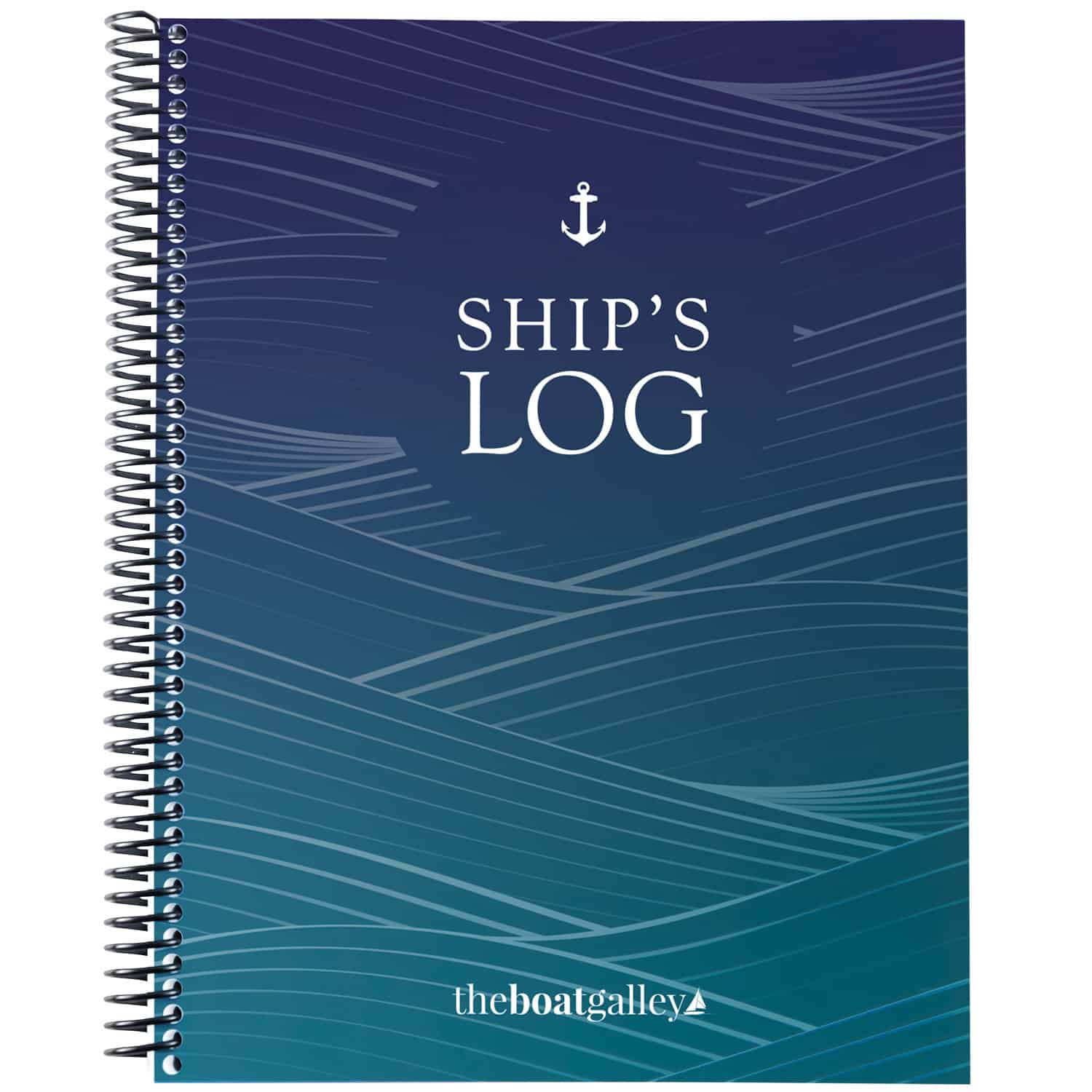Every cruiser must consider medication storage. If you are over 40, you are probably taking a maintenance medication. The medication may be for a long term disease, to treat the American triad of high blood pressure, high cholesterol, and diabetes. Plus you probably have medications simply as part of the general ship’s first aid kit.
You have likely thought about how to keep enough medication on board. And you’ve probably considered how important it is to not have medications reach their expiration dates while you’re out on your adventures. But have you ever thought about the safe storage of your medication while cruising?
In this guest post, Christine Pereira (a nurse) will discuss ways to store medications properly while living on a boat.
Medication Temperature Storage Limits
Did you know that medication should be stored within certain temperatures so it doesn’t get damaged?
This is one factor of medication many people overlook. Over-the-counter medication and prescription medication both have storage temperature range recommendations. You can find these recommendations on the outer package for most over-the-counter medications. Look
The most common temperature ranges will be at room temperature, generally between 15 ⁰-25⁰C or 59⁰ -77⁰F.
How Temperature Affects Medication Storage
Medication stored outside of ideal temperature range can sustain damage, from decreased efficacy to rendering the medication totally ineffective. Repeated exposure to temperature extremes can also make medicine less effective before the expiration date. All of these changes can impair the health of the person taking them.
Planning Where to Store Medications
You’re often advised to take daily medication at the same time every day. And many people ensure that they remember to take it by keeping medicine in commonly used areas. Some keep their daily medications in a galley cabinet, next to the bed, or near their toothbrush.
Having the medications in the same place is a good way to ensure that a daily medication becomes a part of your routine. However, not all places are good when considering safe temperature storage.
The change of seasons is a perfect time to address the proper storage of medications. In the Northern Hemisphere, winter is here. In the Southern Hemisphere, it’s summer. A place that might be just fine in winter might not be in summer.
When thinking about where to store medications on your boat, you’ll need to account both for the seasons where you are as well as for where you’ll be traveling eventually.
Where Should Medicines Not Be Stored ?
Avoid storing medicine anywhere that will experience extremes of temperature:
- purses/backpacks or checked baggage
- in the car, glove box or trunk
- near the stove, in the galley
- exposed to the sun through window.
Avoid any areas that have poor ventilation with high humidity. In general, also avoid any location that could allow the medication to freeze.
Where Should You Store Medicine on a Boat?
Medications on a boat should generally be stored in a temperature and humidity controlled area such as a refrigerator that has dependable power.
Have a plan if you have medicines that need to be refrigerated such as insulin, eye drops, and other medicines.
How Can I Tell If My Medicine Has Been Damaged?
If you think your medicine has been exposed to extreme temperatures, visually inspect the pills. Look for pills that are stuck together, cracked, chipped, or have changes in texture. Note any changes in color, or if they have become soft.
For creams, look for separation or changes in consistency.
Sometimes your medicine might look fine. But if you know that the medicine was exposed to extreme heat or was frozen, have it evaluated by a professional if possible.
If you have access to a pharmacy, take the medicine to the pharmacist. They can evaluate the medicine and will give you guidance.
They may say that it is all right to continue to use, or they may recommend you discard your medicine and get a new prescription to replace it.
If you can’t have your medicine evaluated by a professional but notice that the symptoms of your condition are worsening, and you have NOT made any significant changes to your lifestyle, eating, or exercise, consider the possibility of compromised medicine.
Bottom Line: Store Medicine Carefully on a Boat
Store your medicine carefully to get the most benefit from your medicine and to manage your conditions properly.
- Make sure that you understand any special temperature requirements for your medicines
- Keep all medicines in a temperature stable environment
- Examine them closely if they are exposed to temperature extremes.
And finally, make sure to have a back-up plan for medication replacement when needed. Stay happy and healthy!
Christine Pereira and her husband Tony and own a boat and plan to live aboard full-time within the next 5-8 years. They became captivated with sailing after moving to the Texas coast in 2006. In 2015 they purchased Makin Do, a 40-foot Marlow Hunter. Christine is a family nurse practitioner by profession and passionate about living a healthy life.
She also wrote a guest post on staying fit after 40 when living on a sailboat.
After this post was published, a reader who is a pharmacist sent me a couple of additional comments. I asked if I could include them here and he graciously agreed.
The refrigerator may not be the best place to store medications on a boat. I understand that on a boat, “room temperature” will often be well above 77 degrees F or below 59 degrees F in cold climates, but degradation of many medications due solely to heat or cold does not really begin to occur until excessive temperatures (over 90 to 100 degrees F or below 50 degrees F- like most fridge temps) are sustained or extreme temps (over 100 degrees F or below freezing) are reached. A better place to store many meds would be in a cabinet,
The real detriment to medication is due to humidity. Many meds come with desiccant packets in the shelf bottles (and for some meds several of them) because of this. The refrigerator has the potential to be a very humid environment, so if one wishes to keep their meds in a fridge, they should be blister packed or at least kept in a resealable plastic bag (in their Rx bottles) to help offset the humidity of the fridge.
And most pharmacists don’t have the sophisticated equipment needed to test whether medicine is still good and are no better than you when it comes to looking at meds and deciding if it’s likely to be bad. “Bottom line is that Christine’s bottom line is exactly correct. The other Bottom Line is, when in doubt, replace the medication but do NOT stop taking the medication if you cannot immediately replace it.”

Quickly find anchorages, services, bridges, and more with our topic-focused, easy-to-use waterproof guides. Covering the ICW, Bahamas, Florida, and Chesapeake.
Explore All Guides












Leave a Reply